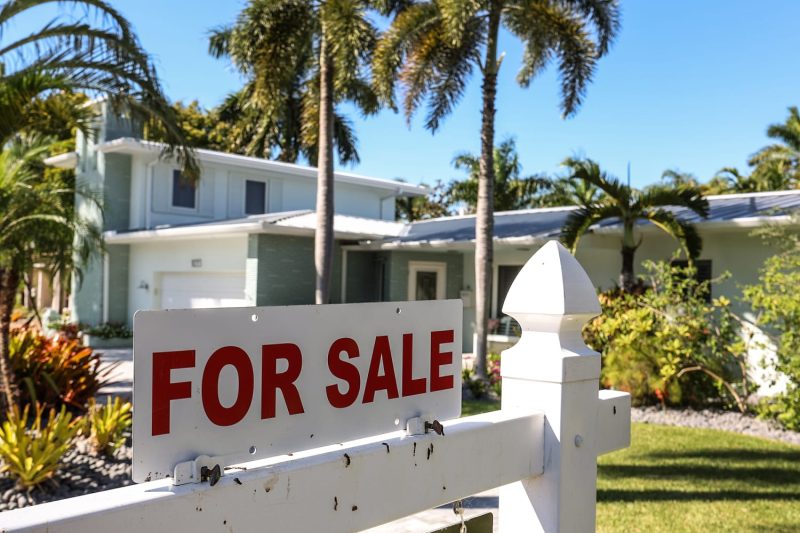Mortgage Rates Jump Back Over 7% as Stronger Economic Data Rolls In
In the wake of recent economic developments, mortgage rates have witnessed a substantial surge, crossing the significant threshold of 7%. This upward movement is largely attributed to the release of stronger economic data, indicating a positive turnaround for the economy. Prospective homeowners and borrowers alike should pay close attention to these rising rates as it directly impacts mortgage affordability and financing options.
The housing market has been closely monitored by experts and consumers alike as it plays a crucial role in overall economic health. The recent increase in mortgage rates is a reflection of the growing strength in the economy. However, this abrupt spike may pose challenges for potential homebuyers who were hoping to lock in lower rates.
The rise in mortgage rates is primarily fueled by stronger economic data. As economic indicators, such as job growth, inflation, and consumer spending, show improvement, investors tend to shift their focus towards higher-yielding investments. This results in increased demand for bonds, leading to higher yields and subsequently higher mortgage rates.
For many prospective homeowners, the sudden increase in mortgage rates may come as a surprise. After years of historically low rates, borrowers have become accustomed to easy access to affordable financing. However, with rates now hovering above 7% and potentially continuing to rise, it is crucial for individuals to reassess their financial plans and act accordingly.
One of the key implications of rising mortgage rates is reduced affordability. Higher rates mean higher monthly mortgage payments. As a result, some potential buyers may find themselves priced out of the market or able to afford a smaller loan amount than anticipated. It is essential for buyers to factor in the impact of rising rates on their overall budget and assess whether they can comfortably afford the additional expenses.
Furthermore, rising rates can also impact refinancing options. Homeowners who were considering refinancing to lock in lower rates may need to reevaluate their plans. With rates on the rise, refinancing may no longer be as attractive or financially beneficial. It is advisable for homeowners to consult with mortgage professionals to determine whether refinancing is still a viable option given the current rate environment.
While rising mortgage rates present challenges for potential homebuyers and refinancers, it is important to remember that interest rates are just one factor to consider in the home buying process. Other aspects, such as location, housing inventory, and personal financial stability, should also be taken into account. It is always advisable to conduct thorough research and weigh all factors before making any major financial decisions.
In conclusion, the recent surge in mortgage rates, crossing the 7% mark, is a reflection of stronger economic data and increased investor demand for higher-yielding investments. This increase in rates has implications for potential homebuyers and homeowners looking to refinance. Affordability and financing options are directly impacted by rising rates, necessitating a reassessment of financial plans and budgets. While rates are important, it is essential to consider other factors in the home buying process. As the economy continues to evolve, individuals should stay informed and seek professional guidance to navigate the changing landscape successfully.
